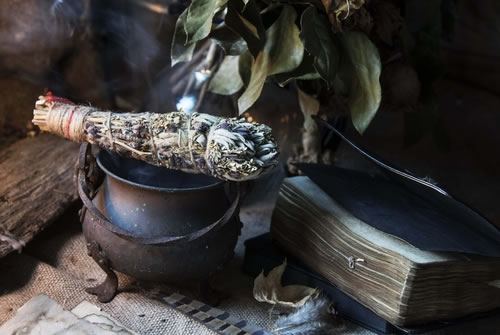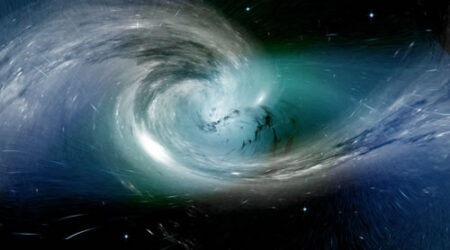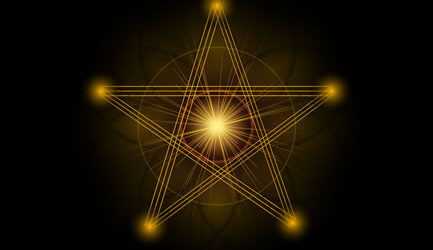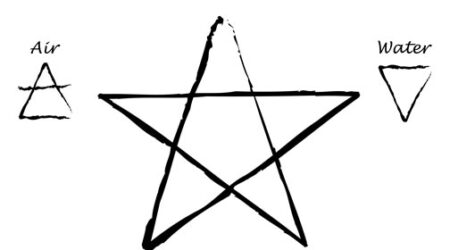What is Wicca?
Last Updated on December 18, 2017 by Abigail Adams
Although there is a tendency to categorize many of the practices which are outside, or even on the periphery of mainstream worship, as being something which is strongly related to our concept of the occult world, most of them, including Wicca are simply different forms of religion. And, if we simple scrape the surface of our ancestry, what we find is that many of these forms of worship preceded recognized religions by hundreds of years.
The Practice of Wicca
The practice of Wicca though is now thought to be a relatively new concept but it has more than one foot founded in many ancient, and principally pagan or sometimes neopagan, rituals. However, like most religions and other forms of worship, the intention behind it is to perform acts of good which have their foundation in only beneficial intentions.
Wicca, which is also sometimes referred to as Pagan Witchcraft, was introduced to the public in 1954 by a British man, Gerald Gardner. Yet most people might be surprised to learn that it is even more contemporary in its way of thinking and has extreme relevance to today’s society.
For example, Wicca associates itself very much with the earth and conservation of the environment. It is also very contemporary in that it considered a religion which preserves the importance of the feminine by worshiping both male and female deities. Often though, you will find that some Wiccans worship one female only. With these two apparently simple examples, we can see why the practice of Wicca might appeal to those in modern society, when our involvement with the ecology of the planet and the continued struggle of women in society, often fail to get the recognition from mainstream religions that people want to see.
Another aspect which appeals to people in society today, and which often engages the interest of younger generations, is the belief that we should be judged by our behavior rather than mere words. But in Wiccan practices this is achieved through personal choice rather than written direction. It is in a way, a case of walking the walk, rather than talking the talk.
Sexuality is another aspect which is compatible with developing 21st century attitudes, because Wiccans believe that sexual identity itself, no matter what it is, is a gift not from God, but from the Goddess.
So here we have at least four philosophies which are entirely compatible with modern thinking: protection of our environment, the significance of women, self-governance of our own behavior, and the right to be who you are within the concept of sexuality. Little wonder then that Wicca is increasing in popularity in a way that mainstream religions could only hope to achieve.
Another aspect of Wicca which, although it has its foot firmly in our ancient past, is perhaps teaching modern generations something which we should appreciate more strongly, is the importance of the seasons. Wiccans celebrate the seasons in a way which our ancestors did – and, of course, had to because understanding growing food meant survival – and this may well instill in people today another appreciation of how our very planet survives and so supports the life upon it.
Modern Wiccans
Although Wicca is considered then to be a modern form of worship, we must also accept that Gardner introduced concepts and philosophies which were before his time. Wicca is a religion which is perhaps, although founded in ancient pagan beliefs, one that holds to concepts which are coming ever closer to being of extreme significance to modern man.
So, when you are thinking of Wicca and perhaps, are drawn toward an understanding of it being linked to the forces or evil and black magic, remember that this concept of it probably owes more to Hollywood. In reality and practice Wicca is actually a beneficial form of worship for modern man and the planet.










Leave a Reply